An appeal in a criminal process is a complaint filed by a participant against a sentence or other judicial act adopted in the framework of criminal proceedings.
Appeal: earlier and now
In 2010, changes were made to the procedural codes. Earlier, appeal and cassation provided for the same review procedure. The cassation was designed to review the decisions of the magistrates' courts.
The genesis of the institution of appeal in the Russian criminal process is that it now extends to justices of the peace. But their affairs are still reviewed individually by district judges.
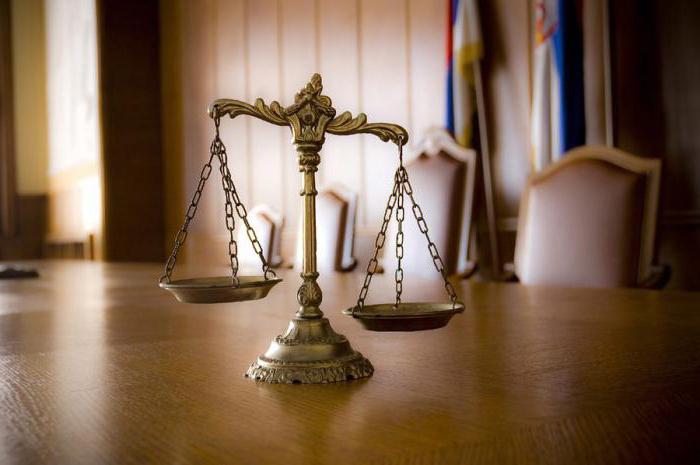
One more problem remains. In all cases, the readiness of the appeal is checked by the judge who issued the verdict.
Thus, several problems remain:
- district judges perform the functions of appeal review that are not inherent to them in relation to justices of the peace;
- district courts and other courts of primary jurisdiction are partly involved in the appeal process, investigating complaints;
- excessive burden on district and world courts.
In some countries, in particular in the CIS, verification of compliance of complaints with the requirements of the law is the duty of the court of appeal. The task of the sentencing officer is solely to send materials and complaints to a higher organization.
Who has the right to appeal?
An appeal in a criminal process is submitted by a participant in the process, which the court decision does not suit. It could be:
- convicted;
- justified;
- counsel or legal representative of the convicted or acquitted person;
- prosecutor, prosecutor, superior prosecutor, private prosecutor;
- the victim and his representative or legal representative;
- civil defendant and plaintiff in the part affecting their interests.
- other persons whose interests are affected by the decision.
Trial appeals
Until the end of the trial, appeals in criminal proceedings are filed against the following acts:
- refusal of a world court to accept a statement;
- court ruling on the return of the application;
- on the application of preventive measures, on its extension;
- a decision to force admission to a hospital or psychiatric institution for the purpose of conducting an examination;
- decision on the arrest of property, extension of arrest;
- on the suspension of the proceedings;
- transfer of the case to another court;
- a decision to return the case to the prosecutor;
- other acts that impede the proceedings in the case and thereby limit the right of citizens to a fair hearing.
Judicial acts that are not indicated are appealed together with the verdict.
Complaints Consequences
What is the result of an appeal in a criminal trial? Judicial acts:
- canceled in full;
- partially canceled;
- a whole or partially new decision is made;
- a higher court has the right to give an instruction when referring a case to a lower court;
- when the decision is canceled, the proceedings in the case are terminated;
- having canceled all decisions that were previously taken on the merits, the court has the right to send the case back to the prosecutor;
- the initiator of the complaint is unable to achieve any result.
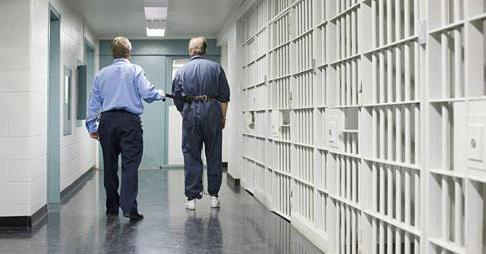
The penultimate clause is provided for judges of the cassation and supervisory instances that have considered the case on the merits.
What does the appeal look like?
So what you need to specify:
- name of the court to which the complaint is filed;
- information about the submitter, his status;
- an indication of a sentence or other decision that is appealed;
- applicant's arguments;
- request to court;
- signature and filing date;
- an inventory of the attached copies of documents to the complaint;
- requests to court (call witnesses for interrogation, examine evidence, order an examination, etc.);
- request for previously adopted judicial acts (full or partial cancellation, commutation of sentence, etc.)
If earlier evidence or witnesses have not been presented to the court, the initiator of the complaint must explain the reason for this.
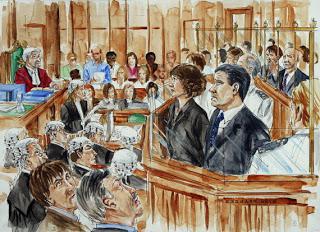
Often, complaints raise questions about calling witnesses and demanding evidence, which was denied by the trial court.
A convicted person who wishes to take part in the process is obliged to explicitly indicate this in the complaint. Otherwise, consideration may take place in its absence.
Timeline for appeal
Parties to the process have 10 days to file a complaint. The allotted time is counted from the moment the full text of the sentence is drawn up. It does not depend on the time of the proclamation of the introductory and operative parts.
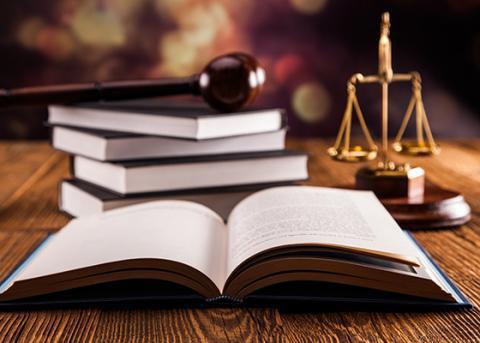
The deadline for an appeal in a criminal proceeding may be missed, and if, in the court’s opinion, the submitter indicates good reasons, the appeal is considered accepted.
The restoration of the term is the prerogative of the court that passed the sentence. A complaint is also filed through the same authority.
Preparation for review by the appellate court
All participants in the process are informed of complaints and submissions (a complaint from the prosecutor's office), and copies thereof are sent. So the parties will be informed of each other’s position before the court considers complaints.
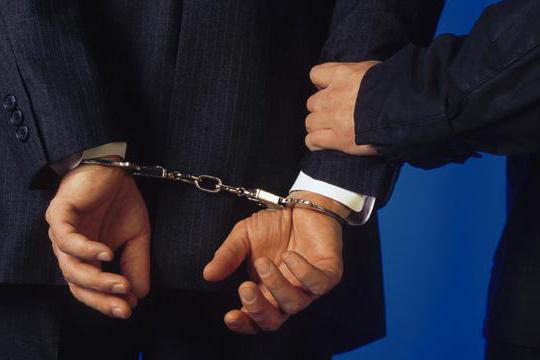
The Court of Appeal calls witnesses, experts seeks documents or takes other measures to obtain evidence, which was denied in the first instance. Similar measures are taken when referring to their need for the text of the complaint.
The court shall decide, if necessary, the question of a closed meeting, the form of participation of the convicted person (in person or using the Internet connection).
The failure to appear of the convict, prosecutor, defense attorney, when their presence is necessary, does not deprive the court of the right to initiate proceedings.
The non-appearance of the parties to the private prosecution gives the right to terminate the proceedings, leaving the complaint without consideration.
As part of the appeal proceedings, the correctness of the establishment of facts and the application of legislation is verified. The court is not limited to the scope of the complaint.
Thus, the appeal procedure in the criminal process provides for a full verification of the correctness of the consideration by the body of first instance.
What is the peculiarity of the cassation stage?
Appeals and cassations in criminal proceedings have both similarities and differences. What are they? Not so long ago, the law lifted time limits for filing a cassation and supervisory appeal.

The first are filed directly with the court that will deal with them.
The document is first checked by a specialist for compliance with formal requirements and decides whether it is substantiated.
Another difference between an appeal and cassation in a criminal trial is that a complaint must indicate a significant violation of the norms of the Criminal Code and the Code of Criminal Procedure.
At the cassation stage, the court deals with issues of law, and issues of fact are resolved insofar as. This is not very convenient. After all, the establishment of facts and the application of the rule of law are interconnected. Because of this, a significant part of complaints remains without consideration on formal grounds.
Unlike the cassation stage, issues of law and issues of fact are resolved within the framework of the appeal proceedings. The court’s task is not to make a decision on the merits.
Supervisory authority: its features
Appeals, cassation and supervision in criminal proceedings fulfill the task of verifying the validity and reviewing decisions previously made by the courts.
The role of the appellate court is performed by different courts. Basically, city, regional, regional and republican. In some cases, the appeal is within the competence of the RF Armed Forces. It all depends on which court acts as the first instance.
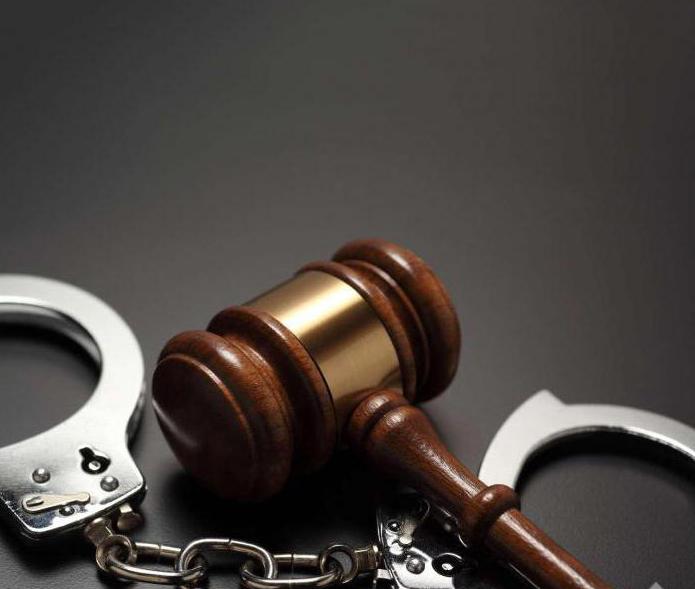
However, the task of supervision is always carried out by the Presidium of the RF Armed Forces. The complaint is addressed to the chairman of the Armed Forces of the Russian Federation. The scheme of writing, checking and reviewing is similar to that indicated in the norms on the cassation stage.
The complaint must be based on a violation of the fundamental principles of law. At the same time, references are made to the Convention on Human Rights, decisions of the Constitutional Court of the Russian Federation, resolutions of the Plenums, etc.
The supervisory process is not focused primarily on procedural rules.
Interestingly, a significant part of the refusal to review is recognized by the judges of the Presidium of the RF Armed Forces as illegal. It has already been officially proven that this authority is forced to replace the institution of cassation.
Features of a criminal appeal in Belarus
It should be noted that the Code of Criminal Procedure was adopted 2 years earlier than the Russian counterpart, and many of their provisions coincide.
What are the differences in the appeal in the criminal trial of Belarus:
- sentences passed in the first instance by the Supreme Court are not reviewed, and in the Russian Federation there is an appeal board;
- allowed to directly appeal to the appropriate court;
- the appeal does not need to indicate which, in the opinion of its author, the court should take measures to correct the errors of the first instance;
- the Republic of Belarus has a 10-day deadline for correcting mistakes made during the preparation of the appeal, and in Russia, establishing the length of such a term is the prerogative of the court;
- the accused in Belarus receives copies of complaints and representations at his request, in the Russian Federation - automatically;
- some court decisions taken in the first instance may be appealed against only by the prosecutor;
- Appeal judges themselves or at the initiative of the parties have the right to demand evidence, call witnesses, experts for interrogation, order an examination, etc .;
- Appeal judges themselves have the right to decide on the measure of restraint without the request of the parties;
- whether the defendant is involved in the process - the court decides;
- if the defendant is not handed a copy of the complaint or the protest of the prosecutor, this is no reason to postpone the case.
Thus, in Belarus, judges should take a more active position, which is in some cases positive. At the same time, the accused in Belarus are in a more disadvantaged position, in particular, participation in the process and access to the case file.